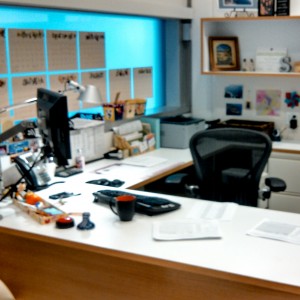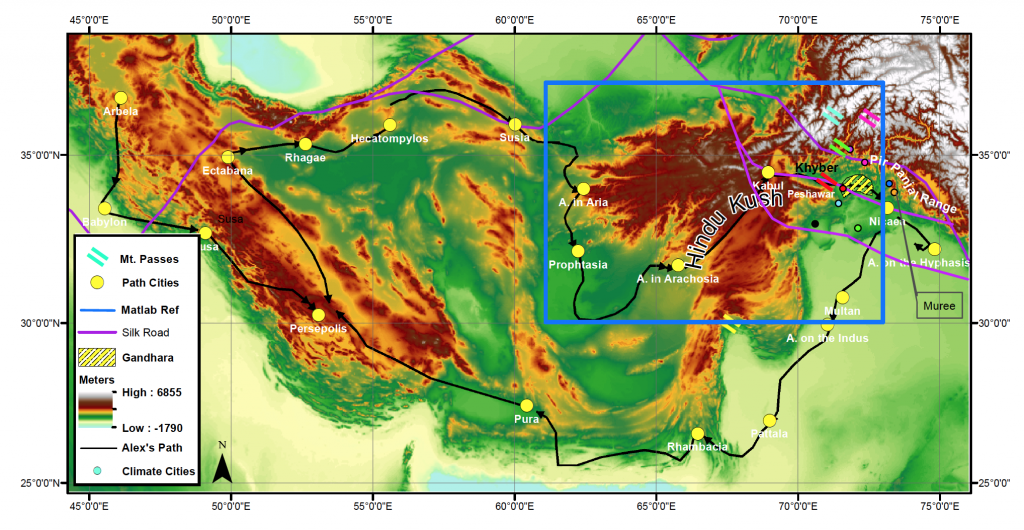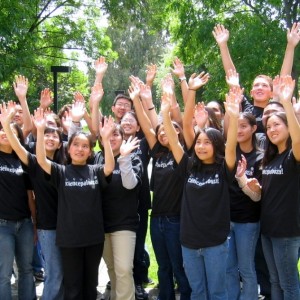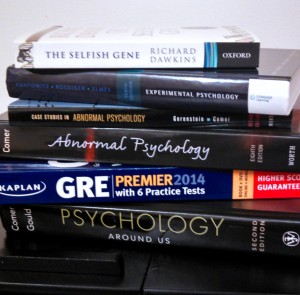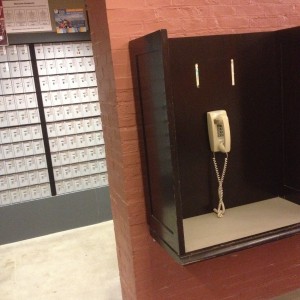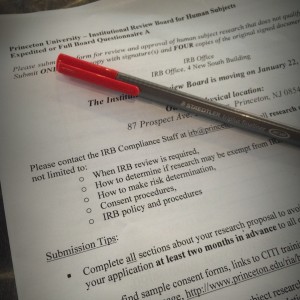Before last summer, I considered the term “research assistant” exclusively reserved for science majors in lab coats. And since my intended major and wardrobe don’t fit this conception, I never thought I’d apply the term to myself.
Well, I was wrong — in more ways than one. “Research assistant” has since been added to my resume, and I didn’t have to wear a lab coat to do it. In fact, pajamas were perfectly acceptable attire.

Let me explain: After a wonderful semester in Dr. Renita Miller’s writing seminar Race, Gender, and Representation, I knew I was interested in identity politics. The class fundamentally changed how I looked at policies and judged their effectiveness for minority groups. Dr. Miller must have noticed my enthusiasm, because she described her research project – a look at representation’s effects on the Texas State Legislature – and asked if I wanted to help code data over the summer. Relevant information in the legislature’s bills could be accessed anywhere online.


